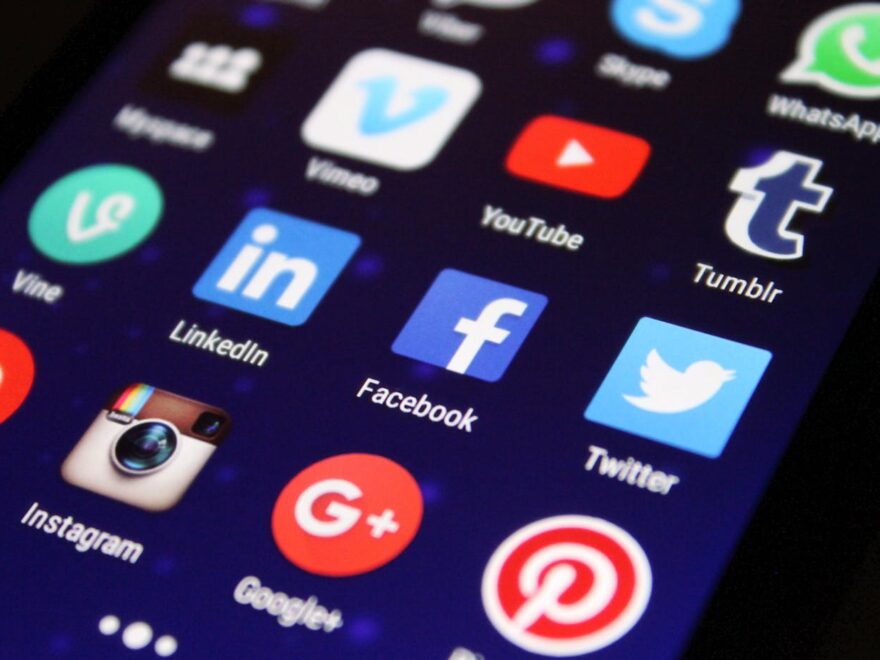In the heart of Maple Grove, a mental health makeover is underway, shaking up traditional therapy with a twist – messaging apps.
Therapy used to involve appointment scheduling, office visits, and face-to-face sessions. Now, thanks to tech and a global pandemic, therapy’s gone digital with messaging apps. Challenges and opportunities galore for clients and counselors.
The tech infusion in mental health isn’t a rookie move – helplines and remote counseling have been hitting the scene for a while. But hey, messaging apps? They bring a vibe of instant help, easy access, and a cool casual chat style that’s just unmatched. It’s like having a lifeline that’s always texting back, breaking down all those pesky barriers to getting help.
The Convenience of Constant Access
One of the significant benefits messaging apps offer is the ability to reach out for help at any moment – a development particularly pertinent for those facing immediate emotional turmoil. In-person sessions can be incredibly effective, but there are often days or weeks between appointments. Messaging apps fill this gap, offering a sense of security that help is just a message away.
Maple Grove psychologists have reported that the ability to check in with clients informally but more frequently can lead to better outcomes. The ongoing conversation creates a therapeutic thread throughout the client’s week, allowing for more dynamic and responsive care.
Anonymity and Comfort
Interacting through a screen offers the cloak of anonymity, making it a breeze to spill the beans on personal matters. Messaging lets clients chat without the awkward face-to-face, fostering openness and turbocharging their therapeutic quests.
Additionally, talking through a messaging app can diminish the stigma some may feel about going to therapy. In the privacy of their own homes, individuals can address their mental health without concern for perceived judgments, helping to normalize the process of seeking psychological assistance.
Challenges in Personal Connection
Messaging apps have their perks, but they can play hardball too. Especially when it comes to the psychologist-client bond. Without those eyebrow raises and eye rolls, things can get lost in translation. Keep those emojis handy to prevent therapy gone wild.
Maple Grove psychologists are like modern-day tech wizards, weaving together messaging, video calls, and the occasional in-person session to conquer these hurdles. It’s like therapy with a sprinkle of digital magic.
Ethical and Confidentiality Concerns
Using messaging apps in counseling? Confidentiality and ethics are like Batman and Robin – inseparable. Psychologists need platforms that are more guarded than a dragon’s treasure horde.
Clients are also educated about the importance of maintaining privacy on their end, being mindful of where they message and who might have access to their devices. These concerns emphasize the need for ongoing dialogue about digital security within the mental healthcare field.
The Future of Counseling in Maple Grove
The incorporation of messaging apps into psychological services is not a mere trend but looks to be a mainstay in the future of counseling. It offers a complementary tool that enhances traditional therapy methods, making mental health support accessible to a broader section of the population.
Maple Grove psychologists are at the forefront of adopting these technologies, reflecting a collective commitment to making mental health services more adaptable and user-friendly. The message is clear: as our world becomes increasingly digital, so too does the delivery of effective, compassionate care.
In conclusion, messaging apps have indubitably reshaped the counseling landscape, offering innovative ways to connect, engage, and progress through the complexities of mental health. The experiences of Maple Grove psychologists highlight the potential of these tools to enhance the support provided to individuals in their community and beyond. Looking to the future, it is essential to continue exploring and integrating technological solutions to meet the evolving needs of clients and ensure that high-quality psychological care remains widely accessible.
